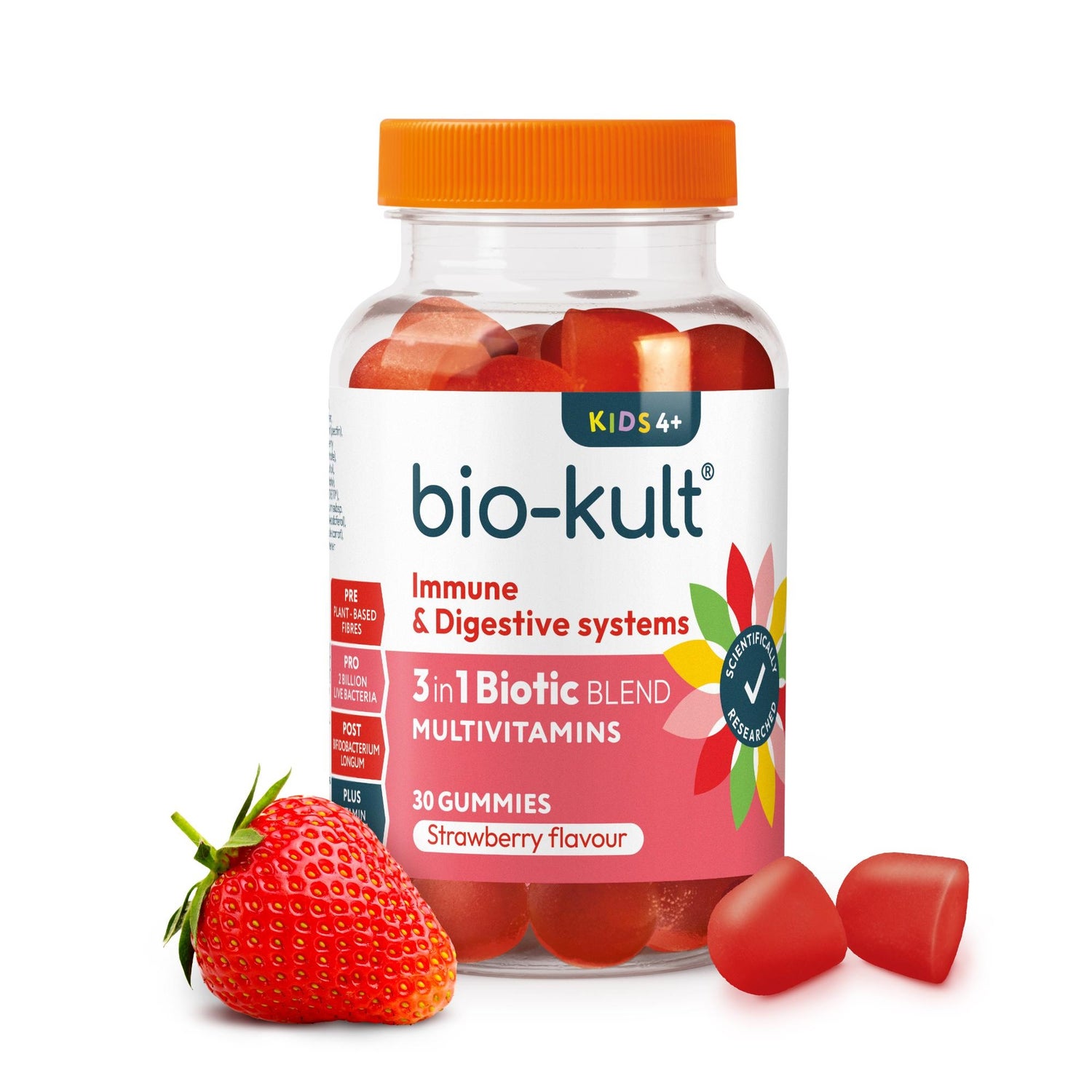Discovering the Causes and Effects of Gut Issues and the Function of Intestine Health Supplement
Gut wellness is a crucial facet of general health. Poor nutritional selections, stress, and discrepancies in intestine microorganisms can cause numerous digestive concerns. Symptoms such as bloating, diarrhea, and abdominal pain commonly indicate much deeper health and wellness issues. Understanding these causes and the prospective duty of intestine health supplements may supply important insights. What approaches can be utilized to bring back equilibrium and boost digestive tract function? The responses may hinge on the following steps.
Comprehending the Digestive Tract Microbiome
The gut microbiome, an intricate community of trillions of microorganisms staying in the digestive system system, plays a vital role in total health. This varied area contains germs, viruses, fungis, and various other microbes that engage symbiotically with the human host. They aid in the digestion of food, the synthesis of vitamins, and the law of metabolic process. The gut microbiome substantially influences the immune system, assisting to safeguard versus pathogens and preserve a balanced inflammatory action. Study shows that a healthy and balanced microbiome is essential for psychological well-being, with gut-brain communications affecting state of mind and actions. Aspects such as diet, way of life, and ecological exposures can form the structure of the microbiome, emphasizing the value of keeping a balanced diet regimen abundant in fiber and probiotics. Understanding this complex ecosystem supplies understandings right into exactly how intestine health can influence general physical and mental well-being, highlighting its relevance in health management.
Usual Root Causes Of Digestive System Issues
Several aspects can contribute to digestive issues, specific common causes frequently interfere with digestive tract wellness. Poor dietary options, such as high sugar and processed food intake, can cause discrepancies in intestine germs. Additionally, poor fiber consumption can prevent digestion and promote constipation. Tension is an additional significant factor, as it can alter intestine feature and exacerbate status quo. Moreover, absence of exercise might decrease the gastrointestinal system, causing pain and bloating.
Infections, including microbial, viral, or parasitic agents, can also trigger gastrointestinal disruptions. Food intolerances and allergic reactions, particularly to gluten and lactose, commonly result in digestive system pain. The misuse of prescription antibiotics can interfere with the all-natural microbiome, leading to additional problems. Identifying these typical reasons is crucial for individuals looking for to enhance their digestive tract wellness and overall wellness.
Recognizing Signs of Intestine Issues
Determining symptoms of digestive tract issues can be vital for prompt intervention and boosted health and wellness. Individuals experiencing gastrointestinal discomfort ought to recognize numerous common indications that suggest underlying concerns. Signs and symptoms may include bloating, gas, diarrhea, constipation, and abdominal discomfort. These indications can differ in intensity and regularity, frequently reflecting the intensity of the intestine trouble. Additionally, some individuals might see unplanned fat burning, tiredness, or changes in appetite, which can indicate an extra severe condition. Skin problems, such as breakouts or acne, might likewise emerge, linking digestive tract wellness to total wellness. Importantly, relentless signs and symptoms should not be disregarded, as early recognition can promote reliable therapy and protect against additional problems. A thorough understanding of one's bodily signals is crucial, making it possible for people to seek medical suggestions when necessary and potentially bring about much better health outcomes via appropriate interventions.
The Impact of Diet Regimen on Digestive Tract Health
Diet plan plays a crucial function in figuring out digestive tract wellness, affecting both microbial equilibrium and digestive system performance. Nutrient-rich foods can promote a healthy and balanced intestine setting, while processed foods may result in imbalances and digestive problems. Recognizing these dietary effects is crucial for preserving total intestine health.
Nutrient-Rich Foods
While several factors affect gut health, the function of nutrient-rich foods can not be overemphasized. A diet bountiful in whole foods, such as fruits, veggies, whole grains, lean proteins, and healthy fats, adds substantially to maintaining a balanced gut microbiome. These foods give important vitamins, minerals, and anti-oxidants that support digestive health and wellness and reduce inflammation. Fiber-rich alternatives, especially, promote normal defecation and nourish advantageous gut microorganisms, enhancing total digestive tract function. Probiotic-rich foods like yogurt and fermented vegetables further support gut vegetations, aiding food digestion. Including a variety of nutrient-dense foods not just cultivates a healthy and balanced gut atmosphere but additionally reinforces the body immune system, adding to total health. Focusing on these foods can lead to boosted gut health and wellness and avoid potential problems.
Processed Food Consequences
The intake of processed foods can considerably undermine digestive tract health and wellness, counteracting the benefits of nutrient-rich choices. These foods are commonly high in preservatives, sugars, and ingredients, which can interfere with the balance of digestive tract microbiota. A diet plan abundant in processed things has a tendency to lack important nutrients, bring about deficiencies that compromise digestive function. Too much sugar and undesirable fats can promote inflammation and contribute to conditions like irritable bowel syndrome (IBS) and leaky intestine disorder. This inequality may cause signs and symptoms such as discomfort, bloating, and gas. In addition, the low fiber material in refined foods decreases digestive system health by restricting the development of valuable microorganisms. Eventually, a shift towards whole, unprocessed foods is vital for keeping ideal intestine function and total health
Just How Stress And Anxiety Influences Digestion
Stress greatly influences digestion by causing a cascade of physical feedbacks that can interrupt regular gastrointestinal feature. When a specific experiences stress and anxiety, the body goes into a fight-or-flight setting, launching hormonal agents such as cortisol and adrenaline. These hormonal agents can slow down food digestion by lowering blood flow to the digestive system body organs, causing symptoms such as bloating, bowel irregularity, or looseness of the bowels.
Stress can modify the gut microbiome, negatively influencing the balance of valuable germs. This imbalance can worsen existing digestive tract concerns or produce new ones. Furthermore, stress typically causes undesirable eating behaviors, such as overeating or consuming refined foods, which can further compromise gastrointestinal wellness.
Emotional elements, such as anxiousness and clinical depression, can also add to intestinal discomfort, producing a responses loophole that bolsters gut issues. As a result, understanding the elaborate partnership in between stress and anxiety and digestion is essential for preserving general intestine wellness.
The Function of Gut Health Supplements
Gut wellness supplements play a significant duty in enhancing digestive system feature and general health. Key ingredients, such as probiotics and prebiotics, are essential for maintaining a balanced intestine microbiome. Understanding the advantages and elements of these supplements can aid individuals in making informed options for their gastrointestinal health.
Benefits of Gut Supplements
A prospering digestive system is important for overall health and wellness, and digestive tract health and wellness supplements can play a significant function in attaining this balance. These supplements often have probiotics, prebiotics, and various nutrients that support digestion feature and promote a healthy and balanced intestine microbiome. By boosting the growth of useful bacteria, they can enhance digestion, minimize bloating, and reduce pain connected with intestinal issues. Furthermore, digestive tract supplements may reinforce the intestine obstacle, possibly decreasing the danger of food level of sensitivities and inflammatory conditions. Routine use can additionally add to improved nutrient absorption, energy degrees, and also psychological health, as intestine health is carefully linked to state of mind guideline. Eventually, including digestive tract health supplements can be a strategic technique to keeping digestion harmony and general health.

Trick Ingredients to Consider
When choosing gut health supplements, recognizing the crucial components is essential for maximizing their benefits. Probiotics, particularly Lactobacillus and Bifidobacterium stress, are vital as they assist bring back a balanced digestive tract microbiome. Prebiotics, such as inulin and fructooligosaccharides, offer as food for these beneficial bacteria, promoting their development. Digestive system enzymes, including amylase and go to my blog protease, aid in damaging down food, boosting nutrition absorption. In addition, fiber resources like psyllium husk assistance normal defecation and overall intestine health and wellness. Various other advantageous components may consist of L-glutamine, which assists in repairing digestive tract lining, and zinc, known for its immune-supporting residential properties. Choosing supplements with these key parts can greatly improve intestine health and total health.
Tips for Preserving a Healthy Intestine
Maintaining a healthy intestine is essential for overall wellness, as it plays a vital role in food digestion, nutrient, and immunity absorption. To support digestive tract health, people need to focus on a well balanced diet rich in fiber from fruits, vegetables, and whole grains. These foods promote valuable bacteria in the gut. In addition, including fermented foods such as yogurt, kefir, and sauerkraut can improve digestive tract plants variety. Remaining hydrated is likewise crucial, as enough water consumption aids digestion and nutrient transportation.
Routine exercise contributes to digestive tract health by advertising read effective food digestion and reducing anxiety, which can negatively impact gut feature. Managing anxiety via mindfulness techniques like reflection or yoga can additionally sustain digestive tract health and wellness. Finally, avoiding excessive use anti-biotics and restricting processed foods, sugars, and unhealthy fats can promote a well balanced gut environment. By adopting these practices, people can significantly improve their intestine health and wellness and general wellness.
Regularly Asked Questions

Can Gut Wellness Effect Mental Health and Mood Security?
Study suggests a significant link in between digestive tract wellness and mental health. The gut microbiome can affect mood stability and mental health and wellness, recommending that preserving a healthy gut may contribute positively to psychological durability and cognitive function.
Exist Specific Foods to Stay Clear Of for Better Digestive Tract Health?
Particular foods can negatively impact intestine health, consisting of processed sugars, fabricated sugar, and high-fat milk products. Decreasing these items might enhance digestive feature and promote a healthier intestine microbiome, leading to generally better health.
For how long Does It Consider Gut Wellness Supplements to Program Results?
The duration for gut health supplements to show results differs amongst people. Commonly, obvious adjustments might happen within a few weeks, yet some individuals may call for several months for perfect results, relying on their distinct wellness conditions.
Can Kid Experience Intestine Concerns Similar to Grownups?

Children can experience intestine issues comparable to adults, consisting of discomfort, bloating, and uneven bowel movements (supplement for bloating). Variables such as diet plan, anxiety, and infections might add to these issues, making awareness and monitoring crucial for their health
What Are the Long-Term Results of Neglected Gut Issues?

Fiber-rich choices, particularly, advertise normal digestive tract motions and nurture advantageous digestive tract microorganisms, improving overall gut function. A prospering digestive system is crucial for general wellness, and digestive tract health and wellness supplements can play a substantial role in attaining this balance. In addition, digestive tract supplements might enhance the gut barrier, potentially minimizing the danger of food sensitivities and inflammatory problems (supplement for bloating). Regular physical task adds to gut health and wellness by promoting efficient Learn More digestion and lowering tension, which can negatively influence intestine function. Particular foods can negatively affect intestine wellness, including processed sugars, synthetic sweeteners, and high-fat dairy products